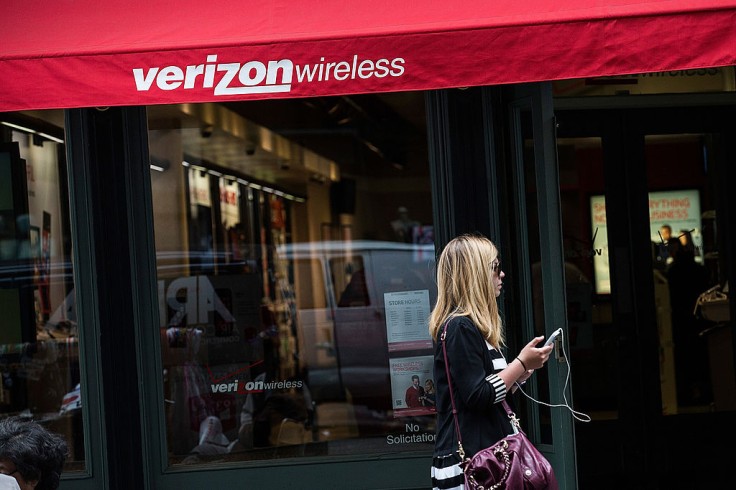
Verizon internet is rolling out an enhancement to 4G that blows away its own "nationwide" 5G, and that shows good signs for the new C-band 5G coming in 2022. CBRS, a set of airwaves close to the C-band, has quietly started rolling out nationwide.
Verizon Deploys 5G Services to Three Cities
ExclusiveBiz reported that Verizon has made a millimeter-wave 5G network service available to three U.S. cities and started the deployment of the new cellular technology at Tyndall Air Force Base in Florida. The company deployed its 5G Ultra Wideband network to Seattle, Sacramento, California, and Pensacola, Florida.
President of Verizon's Public Sector Business, Andres Irlando, stated that seven of the 10 military bases in the Southeastern region covered by a contract with the U.S. Air Force now have access to the service. The company also worked with Qualcomm to establish the 5G Living Lab at US Marine Corps Air Station Miramar in San Diego, California.
Verizon 5G Test: Is It Really Fast?
According to new field tests conducted by PCMag's Sascha Segan, the reporter found a couple of these spots and tested CBRS-assisted 4G speeds versus 5G. With the exception of range-limited, super-fast Ultra Wideband 5G, 4G won by a landslide.
In one location (Fresh Meadows), 4G download speeds reached 815 Mbps on a Samsung Note 20 Ultra, while 5G based on Dynamic Spectrum Sharing (that is the widespread but slower variety known as DSS) only hit 358 Mbps on an iPhone 12 in the same location.
This was a test of just a couple of locations of course, but Segan pointed out that it bodes well for the kinds of improvements people can expect when C-band becomes available.
With that said, is there any reason for someone on Verizon to keep 5G active rather than switching to 4G? Maybe. According to Segan, if someone is near Verizon's UWB millimeter-wave 5G, it is terrific due to the fact that UWB is the fastest form of 5G available today.
However, the DSS nationwide 5G is not providing any advantage today. Segan advised that people should turn off the 5G feature and check back in a couple of months to see any improvements.
Also Read: Verizon Is Losing Huge Number Of Customers Before It Launched Unlimited Data Plan
CBRS is a 150MHz swath of airwaves that sits right below the C-band. It is licensed in a nearly incomprehensibly complicated, multi-tier way that varies from county to county. Many of the CBRS licenses in an area are controlled by companies that are sitting on them rather than running a network, specifically Comcast, Charter, and Dish.
CBRS panels are required to operate at much lower power levels than other cellular frequencies, meaning they have a shorter range than C-band will. C-band will almost certainly perform better than CBRS, as it is roughly the same frequency, but runs at a higher power level and in the company's case, with more spectrum. Considering how well CBRS performs, that is a very good sign.
The Verge reports that 4G is really good and getting even better for some time. In the long term, it will be the C-band spectrum that will likely make the difference for Verizon 5G.
Related Article: T-Mobile Plans To Launch The First Nationwide 5G Network By 2020









